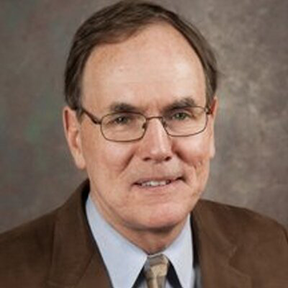Date: January 7
Time: 8:30 – 9:30 a.m.
Location: Rodney Room, Perkins Student Center
Description:
How can we match our pedagogical approaches to the ways that our students learn best? Does learning psychology suggest certain approaches, certain ways of structuring our classrooms? And what about technology? How can technologies support active, engaged, problem-based learning?
Fred Hofstetter, School of Education
Dr. Fred Hofstetter serves as a professor in the School of Education at the University of Delaware. He develops eLearning software and designs and publishes curricular materials used in UD’s graduate programs and undergraduate minor in educational technology. His research interests include educational technology, instructional design, multimedia, distance learning, advanced Web design, higher education, and music education. Recently Dr. Hofstetter has focused on the iPad, for which he has developed the iSeeNcode app for the School of Education’s IES literacy grant, and he has published the iPad Primer, which is an ePub available in the Apple iBookstore. For more on Dr. Hofstetter’s work, follow this link to his vita.
Chrystalla Mouza, School of Education
Dr. Chrystalla Mouza is associate professor of Instructional Technology & Learning Sciences in the School of Education. She earned an Ed.D., M.Ed, and M.A. in Instructional Technology and Media from Teachers College, Columbia University and completed post-doctoral work at the Educational Testing Service (ETS). Her work focuses on teacher learning in the use of technology, applications of technology in K-12 classrooms, teaching and learning outcomes in ubiquitous and mobile computing environments. She is a principal investigator on several projects funded by the Delaware Department of Education to improve teacher quality in high-need schools, a co- PI on a National Science Foundation grant that provides teacher professional development in the area of computational thinking, and the learning scientist on two National Science Foundation funded projects that seek to improve climate science education by providing effective professional development to teachers. Her work has been published in key outlets and has been honored with 2010 Distinguished Research in Teacher Education Award from the Association of Teacher Educators.


